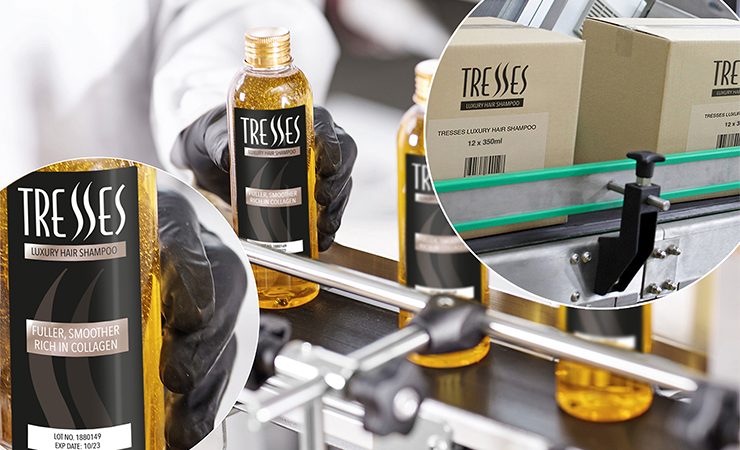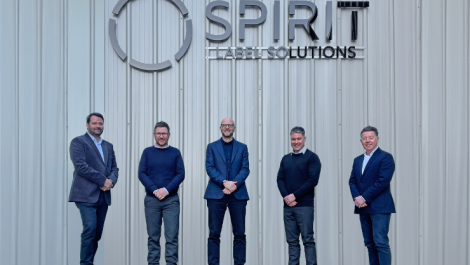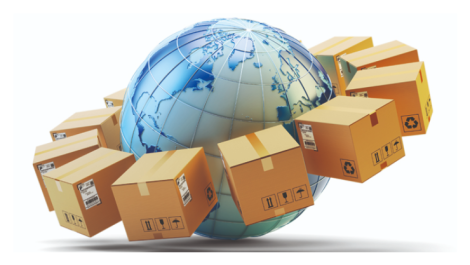DataLase has been awarded funding from Innovate UK to test the potential of its photonic printing technology to reduce the reliance on labels to decorate plastic bottles.
Innovate UK is a UK government programme. Smart Grants are available for ‘game-changing and disruptive ideas’ from businesses, through a regular competitive application process. DataLase was a successful winner of an Innovate UK application last year, and commenced work on its label-free plastic bottle project on 1 March, 2022. The project will run for a 12-month period.
With significant efforts underway to reduce single use plastic waste, particularly from plastic bottles, DataLase noted that waste from plastic labels is ‘of equal concern’. Being vital for decoration, information, serialisation and displaying anti-counterfeiting marks, plastic labels can be eliminated or reduced by printing directly onto bottles or applying thinner labels, respectively. ‘Unfortunately, the former can cause ink-removal issues in the recycling process, and the latter does not eliminate but merely reduces plastic content,’ stated DataLase.
DataLase’s grant funded project aims to present an alternative technology that could provide a label-free option that can decorate and inform, is readily recyclable, and does not contribute to plastic waste. Given that one leading soft drink brand produces around three million tonnes of plastic packaging a year and plans to continue to use plastic bottles, within a global label printing market of $40 billion, ‘the potential value of this disruptive innovation is huge,’ the company continued.
DataLase’s photonic printing technology uses laser-active chemicals, which are colourless until exposed to laser energy. The technology potentially offers a bottle decorating process that does not involve labels or inks, contributing zero to plastic waste. These chemicals can be incorporated at very low concentrations in the first stage of bottle manufacture, simply by mixing them with the other bottle forming components. The bottles can be filled and capped in the normal manner, and by applying a laser pattern of variable design, the laser-active chemicals become coloured, revealing the desired decoration and information; there would, therefore, be no need for plastic labels. Currently, the laser-reactive chemicals are applied as a patch to labels and packaging materials, and then exposed to laser energy to initiate a colour change.
Ally Grant, chief technology officer at DataLase, said, ‘The funding will allow us to conduct further R&D, develop engineering systems, and to continue a truly ground breaking technology that could have enormous impact on plastic waste globally, by eliminating plastic labels.
‘All R&D work will be conducted in the UK, including bottle formation, recyclability testing and analysis, and demonstration equipment will be developed to present to brands, universities and others in the supply chain. The funding will also help grow DataLase’s global patent portfolio, and protect this UK-led technology in the field of laser active chemicals and photonic printing.’





